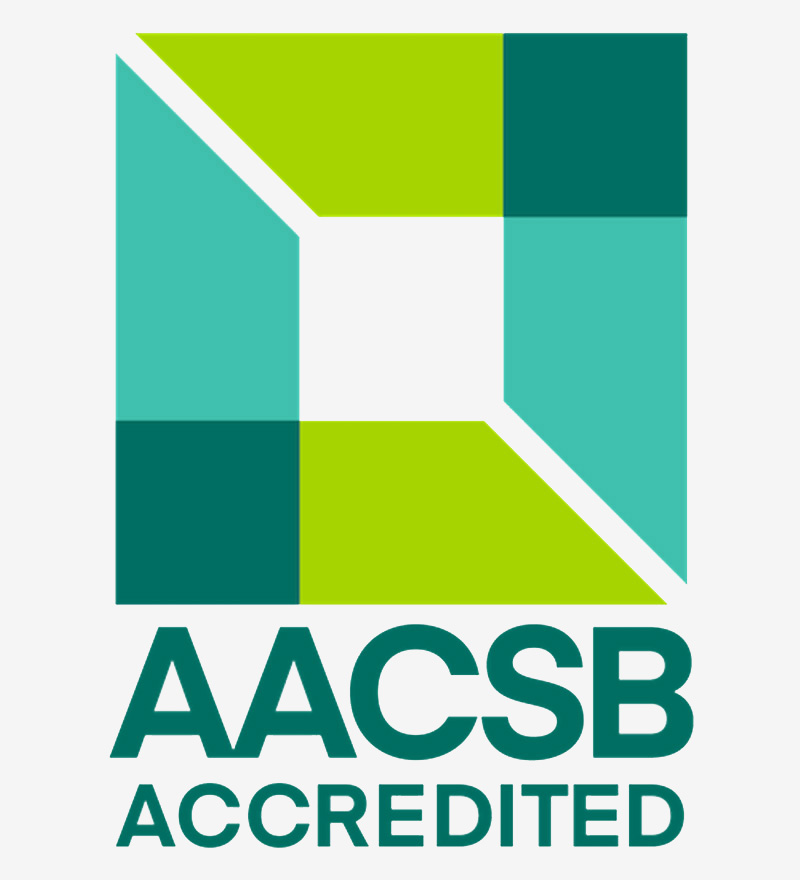Your learning in this graduate certificate may take the form of lectures, class presentations, group discussions, problem solving and research, group and independent work, and more.
Most subjects are presented in regular 3-hour classes, together with some periods of intensive teaching during the evenings, or as full day or weekend sessions at the Melbourne City campus. The exact format varies from subject to subject.
You may be required to undertake solo or group work, and independent study and project work outside of teaching periods.





